Trauma and the DSM-5® with Bessel van der Kolk
Description
Trauma and the DSM-5® with Bessel van der Kolk
Every year, there are ten times as many children in the US reported to be victims of domestic violence, neglect and abuse than combat soldiers from Iraq and Afghanistan diagnosed with PTSD. However, these children live in a diagnostic void because the current DSM-IV® conceptualization of PTSD does not reflect the symptoms experienced by the vast majority of these children. So, instead, abused and neglected children receive such widely disparate diagnoses as bipolar disorder, conduct disorder, ADHD, borderline personality disorder, and other anxiety disorders. All of these diagnoses are etiologically unrelated to trauma and lead to pharmacological and behavioral control at the expense of dealing with the fear, shame, terror and rage that derive from real threats to these children’s survival.
The lack of proper diagnosis also has profound implications on insurance reimbursement, treatment development and clinical research. Thus these children are condemned to receive treatments that are likely to be ineffective and therefore put them at risk to grow up to be unproductive, expensive, potentially dangerous, and long-suffering members of our society.
In response to this neglect of our nation’s greatest public health threat, the National Child Traumatic Stress Network’s DSM-5® Task Force has proposed a new clinical syndrome, Developmental Trauma Disorder (DTD), based on a literature review of about 100,000 chronically traumatized children and direct systematic observations of 20,000 traumatized children. This diagnosis describes the five clusters of symptoms that characterize many children who have suffered repeated trauma in an interpersonal context:
- Affect and impulse dysregulation
- Disturbances of attention, cognition, and consciousness
- Distortions in self-perception and systems of meaning
- Interpersonal difficulties
- Somatization and biological dysregulation
This presentation will review the development of DTD in the DSM-5® as a diagnosis and its implications for assessment, diagnosis and treatment.
Read more: Changing Attachment Bonds: Necessary and Sufficient Moves and Moments

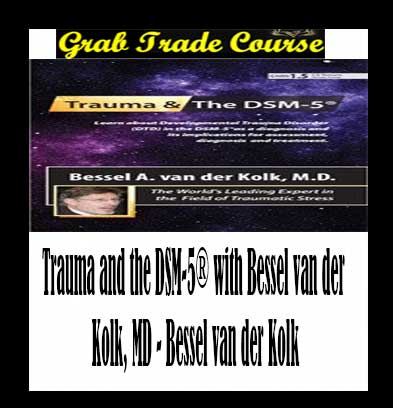
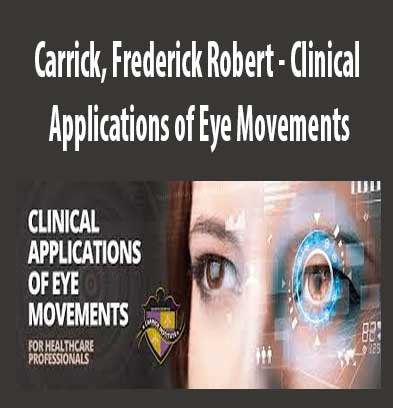
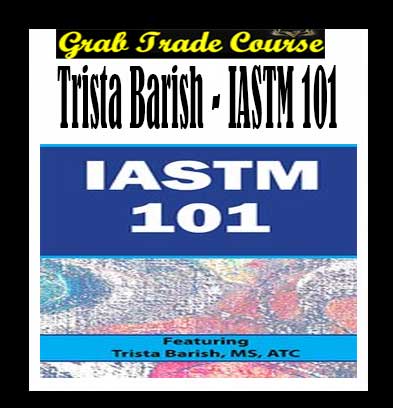


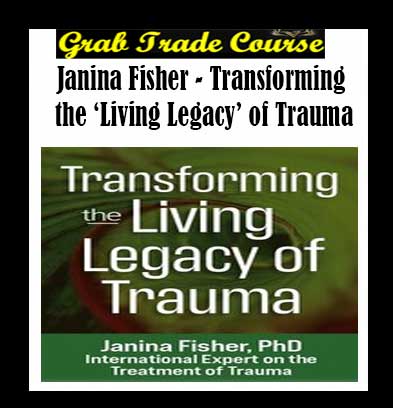
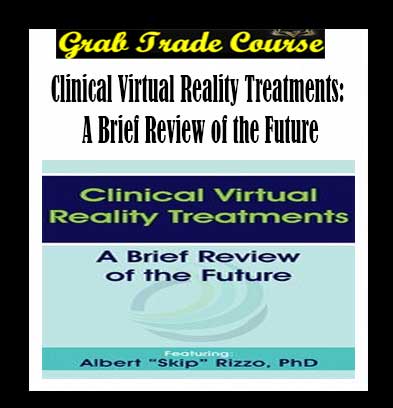

Reviews
There are no reviews yet.